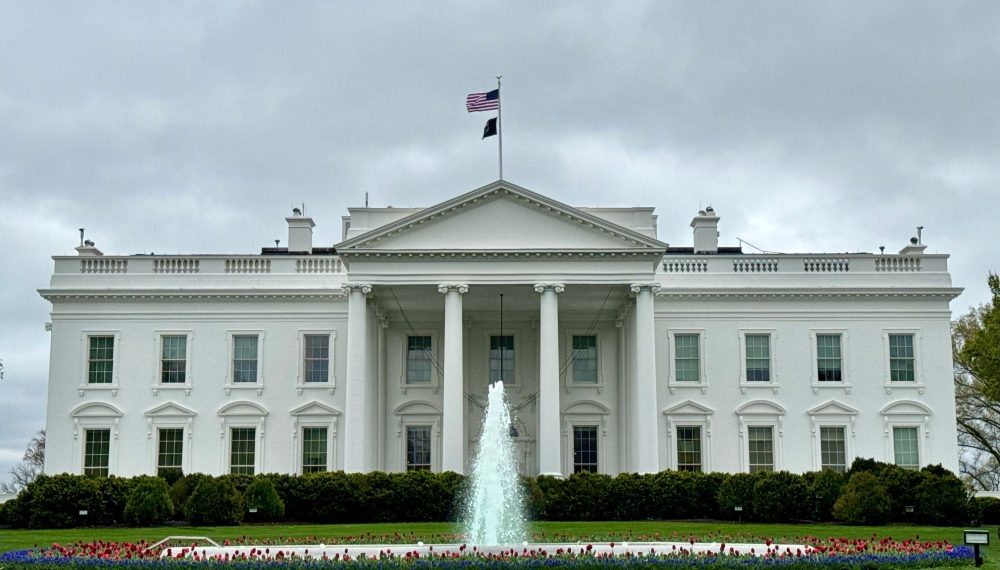The White House revealed updated standards for collecting federal data on race and ethnicity, marking the first revision since 1997.
These standards will impact organizations receiving federal funding, influence congressional district delineations, and shape the enforcement of equal employment policies.

Under the new guidelines, federal agencies must employ a single combined question for race and ethnicity, encouraging respondents to select multiple identity options and introducing “Middle Eastern or North African” as a distinct category.
This move reflects efforts to align with contemporary perspectives on racial and ethnic identities in the United States, recognizing the nation’s growing multiracial population.
The data collected will hold significant implications for various aspects of governance, including the U.S. Census and the enforcement of anti-discrimination laws like the Voting Rights Act and the Fair Housing Act.
A senior official from the White House’s Office of Management & Budget emphasized the focus on ensuring high-quality federal data on race and ethnicity to address individual impacts, program efficacy, and service delivery.
While the specific federal programs affected by these standards were not disclosed, the revisions were initially proposed during the Obama administration and subsequently delayed under the Trump administration.

The overhaul requires federal agencies to update their surveys and administrative forms, submit compliance plans within 18 months, and fully implement the updated standards within five years.
Decisions regarding these standards were informed by extensive research, including input from a working group representing various federal agencies, public feedback from over 20,000 comments, and 94 listening sessions.
However, the updated standards will not directly impact discussions on issues like slavery reparations, as further research is needed to accurately collect data on descendants of enslaved individuals.





